Chemistry for industry and medicine: chemical analytics, radiation technologies, molecular modelling, intelligent polymers, elastomers, hydrogels, organic electronics, physico-chemical processes.
Chemical Sciences
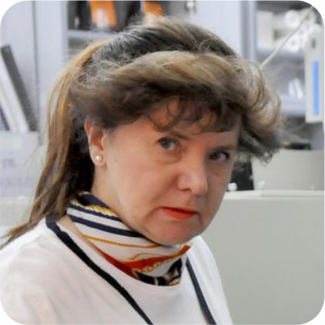
Professor Halina Abramczyk (FWCI: 1.96; h-index: 23; publications in Top 10 Citation percentile: 33.3%). She conducts research on diagnostic methods to detect early cancerous changes by Raman microscopy, Raman molecular imaging and femtosecond laser spectroscopy.
She is the founder and director of the Laboratory of Laser Molecular Spectroscopy at TUL. She was professor and head of the Marie Curie Chair in Berlin at the Max Born Institute in 2007-2009. She organized the European Virtual University on Lasers.
She was a visiting professor at the Consejo Superior de Investigaciones Cientificas, Madrid, Spain (1989), Martin Luther University of Halle-Wittenberg, Germany (1992), the University of Arizona, Tucson, USA (2002-2003), Max Born Institute, Berlin, Germany (2007-2009), the University of Nairobi, Kenya (2009-2010).
She is a member of the Editorial Board of the Journal of Molecular Liquids and a board member of the European Molecular Liquids Group.
She has delivered numerous keynote and invited lectures in Poland and abroad.
She received a Fulbright Award and has been President of the Polish Fulbright Alumni Association since 2013.
She has published extensively in the field of molecular spectroscopy, laser spectroscopy and biomedical diagnostics. She is the author of the book “Introduction to Laser Spectroscopy” (Elsevier, 2005) and its Polish edition (PWN, 2000).
Chemical Sciences
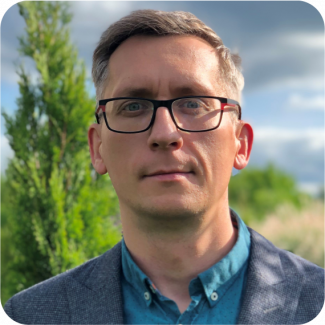
Professor Łukasz Albrecht (no. of publications in 2013-2017: 34; FWCI: 1.51; h-index: 24; publications in Top 10 Citation percentile: 23.5%).
His scientific interests concentrate on the field of asymmetric catalysis, a highly relevant topic in the contemporary organic chemistry.
His research deals with the synthesis and utilization of organic catalysts with strictly defined spatial arrangement of substituents.
He research results find applications as highly innovative tools for the preparation of new drugs, pesticides and other organic molecules.
In 2009-2013, he worked as a postdoctoral researcher in the group of prof. Karl Anker Jorgensena (Aarhus University, Denmark).
He has been a Principal Investigator in various research projects financed by NCN (SONATA Bis, OPUS, Sheng), NCBiR (Lider) and FNP (Kolumb, Homing).
He has received numerous awards for his scientific contributions including Young Scientist Medal (Warsaw University of Technology), W. Kołos Scientific Award (Polish Academy of Sciences), award for outstanding scientific achievements for young scientists (Polish Academy of Sciences), Professor Mieczysław Mąkosza Scientific Award, and he has been a finalist of the Scientific Award of the newsmagazine Polityka.
Chemical Sciences
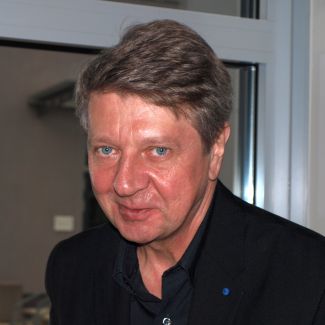
Professor Krzysztof Matyjaszewski (no. of publications in 2013-2017: 250; FWCI: 2.65; international cooperation: 58%; h-index: 154; publications in Top 10 Citation percentile: 54%).
He is currently employed as J.C. Warner University Professor of Natural Sciences, Carnegie Mellon University, USA (1985) and as a full professor at TUL at the Faculty of Chemistry.
He is an adjunct Professor at Centre of Molecular and Macromolecular Studies of the Polish Academy of Sciences. His research area covers the topics of controlled radical polymerization, bioconjugates, hybrid materials, and catalysis.
His research awards are the following: 2019 Chemistry of Materials (ACS), 2017 Franklin Medal in Chemistry, 2015 Dreyfus Prize in Chemical Sciences, 2013 North America Science Award (ACS), 2011 Wolf Prize in Chemistry, 2009 Presidential Green Chemistry Challenge Award, 2004 Prize of Foundation of Polish Science. He is the Fellow of IUPAC, American Chemical Society, National Academy of Inventors, and the Member of US National Academy of Sciences (2019), National Academy of Engineering (2006), Polish Academy of Arts & Sciences (2017), Polish Academy of Sciences (2004), Australian Academy of Science (2019), Russian Academy of Sciences (2012), honorary member of Israeli and Chinese Chemical Societies. He served as the President of Pacific Polymer Federation (2013-2015). Professor Matyjaszewski is the Editor in Chief of Progress in Polymer Science (IF: 24.6).
He has authored and co-authored 24 books, 99 book chapters, 1092 peer reviewed papers.
He has received 62 US and 154 International Patents and 11 honorary degrees (doctorates honoris causa).
Otrzymał 11 dyplomów honorowych (doktorat honoris causa).
Chemical Sciences
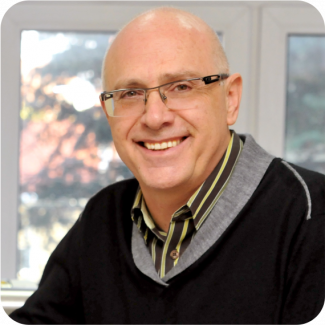
Professor Piotr Paneth (no. of publications in 2013-2017: 39; International cooperation: 36%; h-index: 24).
His scientific interests include the use of isotopic effects in the study of chemical and enzymatic reactions and also, in recent years, their practical applications in food authentication and as a diagnostic and prognostic tool in medicine.
He has managed international research programs (among others financed under NIH-FIRCA, 7FP, H2020, PSPB, FNP).
He has been a visiting professor at the Universities: Lincoln, NE USA; Minnesota, MN USA, (Fulbright program) Uppsala, Sweden (Visby program); Kyoto, Japan (JSPS program); Nantes, France (CNRS program).
He has served as the Dean of the Faculty of Chemistry and Vice-Rector for Science.
Chemical Sciences
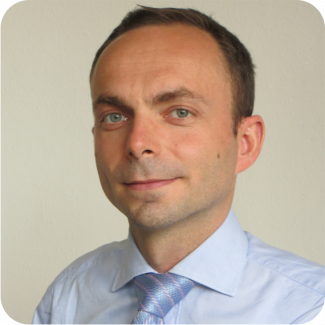
Profesor Wojciech Pisula (no. of publications in 2013-2017: 91; FWCI: 2.45; international cooperation: 80%; h-index: 61; publications in Top 10 Citation percentile: 35,2%).
He studied chemical engineering at the University of Applied Science Osnabrück and at the University of Wales, Swansea, where he gained his MSc degree. In 2001, he joined the group of Professor Klaus Müllen at the Max Planck Institute for Polymer Research, where he completed his PhD dissertation in 2005. In 2006, he worked for Evonik Industries AG.
In 2015, he received his habilitation in materials science at the Technical University of Darmstadt. Since 2015, he has been employed as an associate professor at TUL.
His main topics of research interest are:
1) supramolecular structures of Π-conjugated self-assembly systems in bulk by fibre 2D- and in thin film by grazing incidence wide/small-angle X-ray scattering,
2) organic field-effect transistors (OFETs),
3) modification of the self-organization of functional molecules on surfaces under various processing conditions from solution, from the isotropic melt, and from their mesophase.
